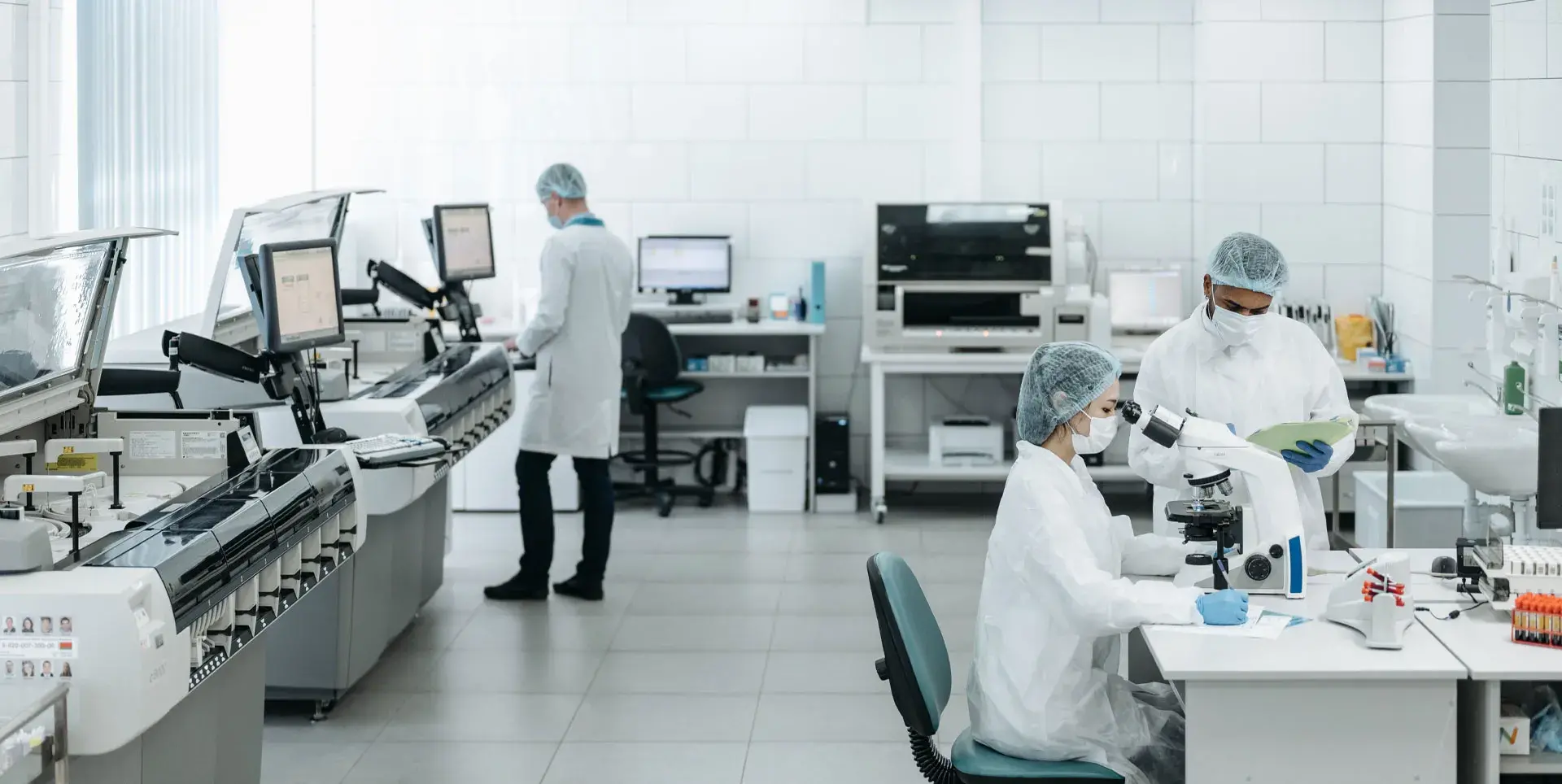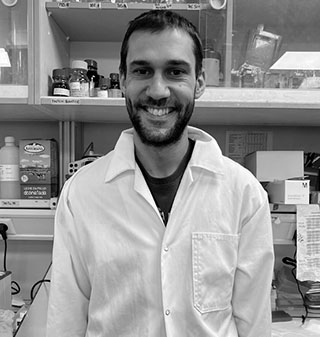Objectives and lines of research
The overall scientific objective of NutriSI-ON is to identify precision nutritional formulations that delay or reverse the molecular hallmarks that define the aging of the adaptive immune system.

Objective 1
Definition of personalized immunosenescence molecular tags.
To identify the differential pattern of immunosenescence molecular markers associated with age, obesity, and chemotherapeutic treatment of cancer patients in a noninvasive manner.
Objective 3
Functional study of the selected products.
To study the functional mechanism of the products selected for their specific activity against the different molecular targets, analyzing in animal models, their effect on immunosenescence markers of T lymphocytes and on the architecture of the thymus.
Objective 2
Development of precision nutritional formulations with geroprotective activity.
To develop nutritional strategies and formulations with geroprotective activity against aging, obesity and chemotherapeutic treatment, based on the interaction of different bioactive food compounds on the associated molecular pathways.
Objective 4
Clinical validation of the effectiveness of precision nutritional strategies and selected products.
To validate through clinical trials the effect in humans of the selected precision nutritional strategies and products as geroprotective agents in the population groups under study in the project.
Objetivo 1
Definición de marcas moleculares personalizadas de inmunosenescencia.
Identificar el patrón diferencial de las marcas moleculares de inmunosenescencia asociado a la edad, la obesidad, y el tratamiento quimioterapéutico de enfermos de cáncer de forma no invasiva.
Objetivo 2
Desarrollo de formulaciones nutricionales de precisión con actividad geroprotectora.
Desarrollar estrategias y formulaciones nutricionales con actividad geroprotectora frente al envejecimiento, la obesidad y el tratamiento quimioterapéutico, basadas en la interacción de distintos compuestos alimentarios bioactivos sobre las rutas moleculares asociadas.
Objetivo 3
Estudio funcional de los productos seleccionados.
Estudiar el mecanismo funcional de los productos seleccionados por su actividad específica frente a las distintas dianas moleculares, analizando en modelos animales, su efecto en marcadores de inmunosenescencia de linfocitos T y en la arquitectura del timo.
Objetivo 4
Validación clínica de la efectividad de estrategias nutricionales de precisión y productos seleccionados
Validar mediante ensayos clínicos el efecto en humanos de las estrategias y productos nutricionales de precisión seleccionados como agentes geroprotectores en los grupos poblacionales objeto de estudio en el proyecto.





















